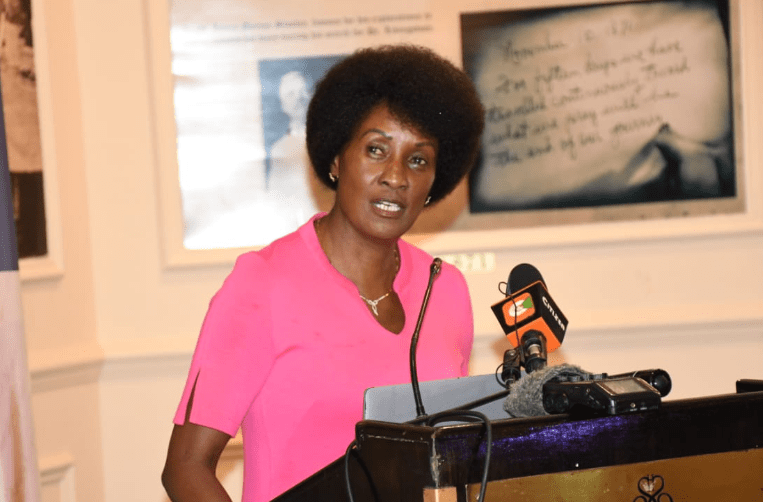Picking Africa’s true development partner

The global contest for influence in Africa is no longer a theoretical debate confined to diplomatic circles. It is a reality shaping trade, investment and development across the continent.
As African nations pursue the ambitious goals of Agenda 2063, the need for genuine partnerships that respect Africa’s agency and priorities has never been greater.
In this evolving landscape, the question of who truly supports Africa’s aspirations, China or the United States, demands honest reflection.
China has, in recent years, distinguished itself through an engagement strategy centred on mutual respect and shared growth.
The commitments made during the most recent Forum on China-Africa Cooperation (FOCAC) meeting in Changsha are telling. China pledged to eliminate tariffs on exports from all 53 African nations with which it maintains diplomatic relations.
This unprecedented move opens Chinese markets to African goods from countries such as Kenya, South Africa, Nigeria, Egypt and Morocco, addressing longstanding trade imbalances.
China also committed RMB 360 billion, approximately $50 billion, in credit lines, investment and aid over the next three years.
Alongside this financial commitment, it announced 30 clean-energy projects and major cooperation in industrial park development, all framed within the FOCAC 2025–2027 Action Plan. This is real investment with measurable outcomes.
On human relations, Beijing has worked to ease travel restrictions for African citizens, rolling out streamlined visa processes, increasing the number of scholarships and expanding cultural and educational exchanges.
Programmes such as vocational training and the “10,000 Villages” satellite TV initiative underscore China’s commitment to fostering deeper people-to-people connections.
More than 100,000 African students are pursuing higher education in China, the largest such group on any continent.
In contrast, the approach taken by the US in recent years paints a different picture. Far from opening markets, Washington has imposed new tariffs, some as high as 50 per cent, on goods from African nations including Lesotho, Madagascar and South Africa.
The spirit of free trade embodied in the African Growth and Opportunity Act (AGOA), once a pillar of US-Africa economic relations, is now in jeopardy as AGOA faces expiry and increasing neglect. African countries’ exports to the US market and the creation of jobs are now under threat.
The US has also tightened visa restrictions, making it increasingly difficult for Africans to study, trade or travel.
Moreover, several major aid initiatives have been cut, with the administration citing budget shifts and “reprioritisation”.
What was once a robust commitment to Africa is now viewed through the narrow lens of countering China’s influence, rather than genuine partnership.
Far too often, US officials speak of Africa in terms of security risks or migration concerns, rather than recognising the continent’s dynamism and rightful place in the global economy.
In contrast, China’s language of “a shared future for a new era” and principles of “sincerity, real results, amity and good faith” resonate with many African leaders and citizens alike.
China is now Africa’s largest trading partner, with two-way trade surpassing $280 billion in 2023, nearly four times that of the US.
The writer is a PhD Student in international relations














